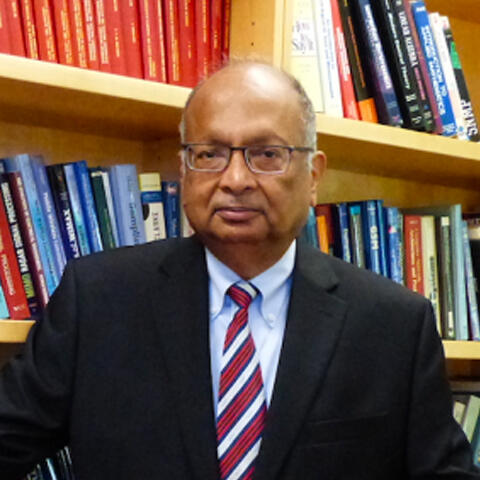
Arogyaswami Paulraj awarded the 2024 Prince Philip Medal from the Royal Academy of Engineering UK
His citation reads, 'for pioneering the invention of Multiple-Input, Multiple-Output (MIMO) technology, the foundation for all current and future broadband wireless communications.’
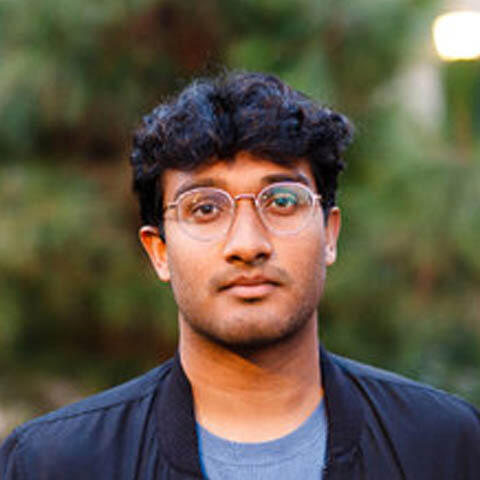
Amrith Lotlikar selected to receive a 2024 Bio-X Stanford Interdisciplinary Graduate Fellowship
Amrith's strong interdisciplinary approach is a perfect fit for the innovative work of Stanford Bio-X.
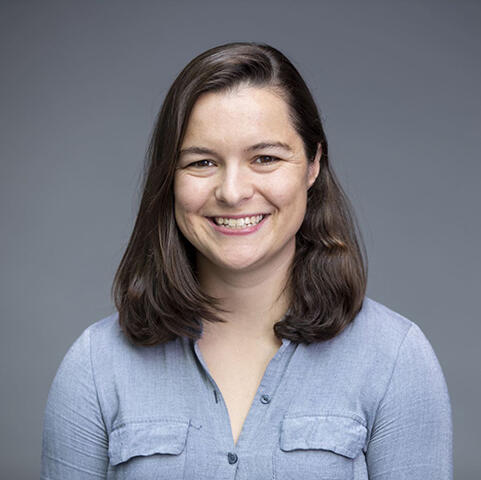
Chelsea Finn’s robot easily sautes shrimp
Researchers created a low-cost, mobile robot that learned to do complex household tasks including cook, put away dishes, and clean up spills.
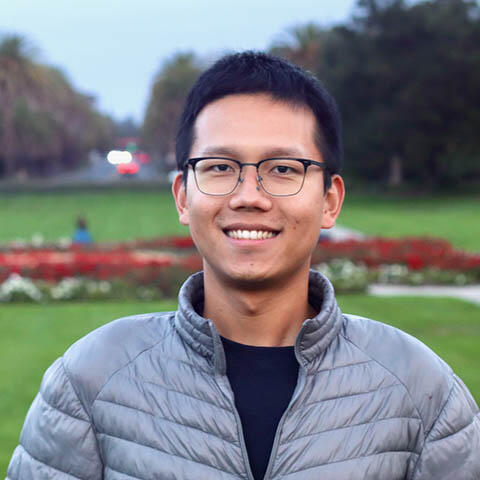
Manchen Hu, EE PhD candidate, awarded an SPIE Optics and Photonics Scholarship
For his potential contributions to the fields of optics, photonics, or related disciplines.
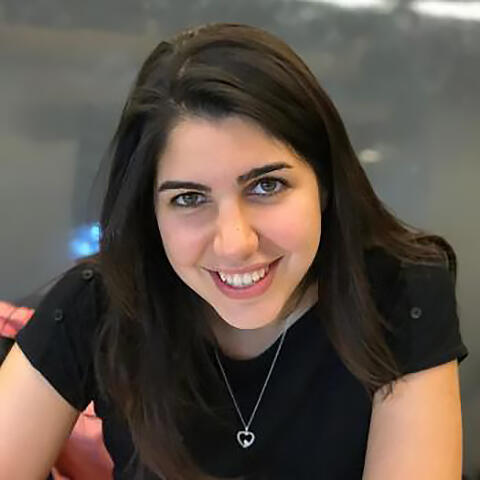
Dorsa Sadigh awarded National Artificial Intelligence Research Resource (NAIRR) Grant
Her project is titled, 'Aligning with Human Preferences for Safe Autonomous Systems’.'

Gordon Wetzstein awarded the 2024 Otto Schade Prize
His citation reads 'For the advancement of varifocal, light field, and holographic near-eye display technologies optimizing perceptual realism and visual comfort for virtual and augmented reality systems.'
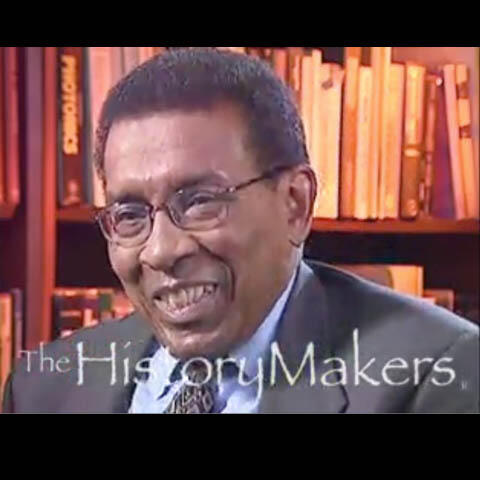
Remembering Clayton Bates, Jr., Emeritus Professor
His projects ranged from low-level light detection and x-ray image intensification to the design of the nuclear reactor controls of the first SEA WOLF, the second atomic powered submarine.

Gordon Wetzstein brings AR to regular eye glasses
Combining advances in display technologies, holographic imaging, and artificial intelligence, researchers have found a way to display full-color, 3D moving images over a direct view of the real world.
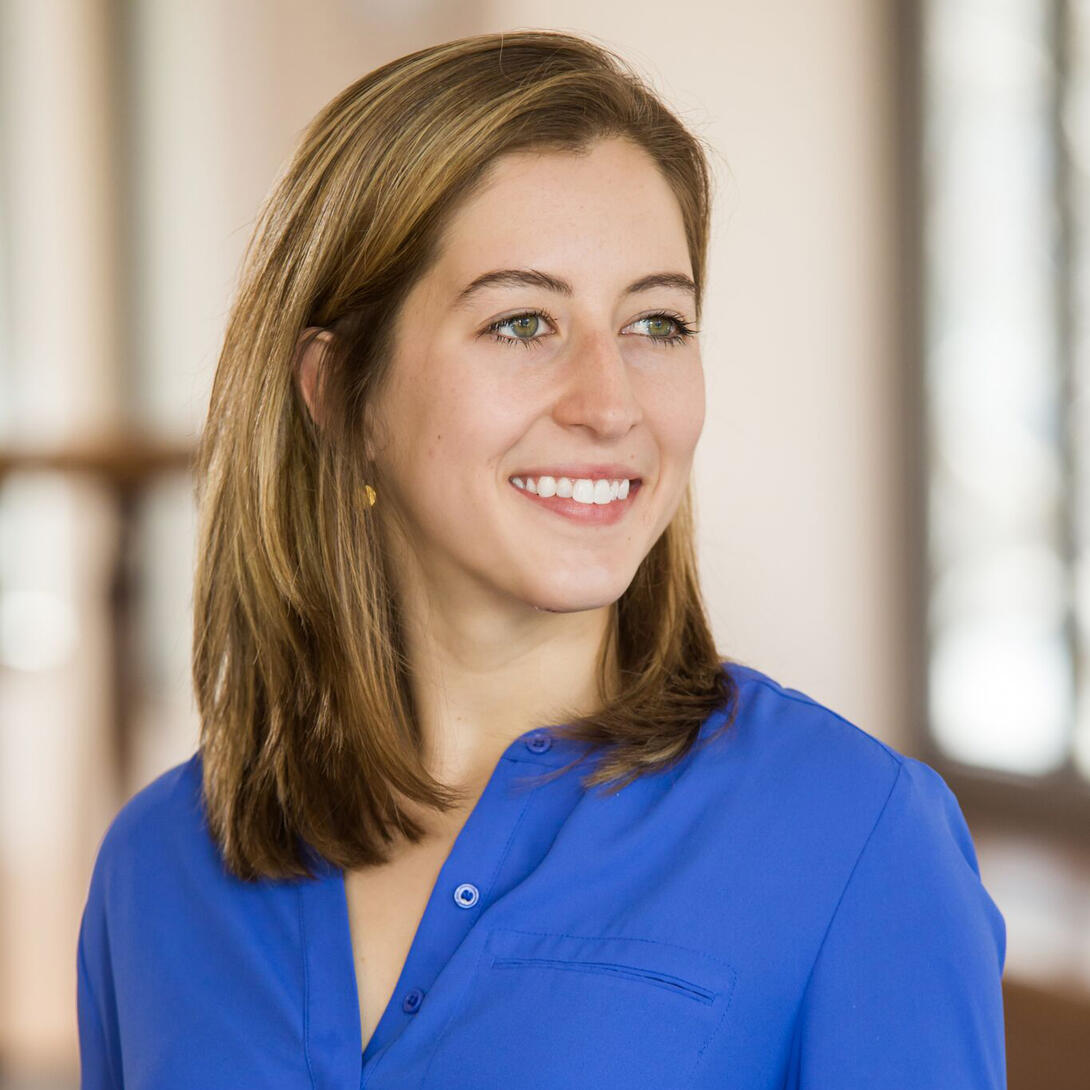
Caroline Trippel receives Intel 2023 Outstanding Researcher Award
The award recognizes the exceptional contributions made through Intel university-sponsored research that help further Intel’s mission of creating world-changing technology that improves the lives of everyone on the planet.
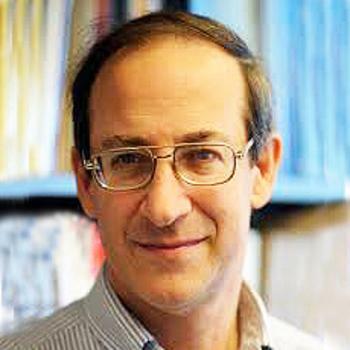
Tony Heinz elected to National Academy of Sciences (NAS)
In recognition of distinguished and continuing achievements in original research.